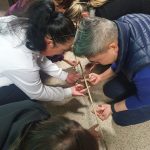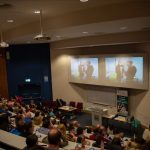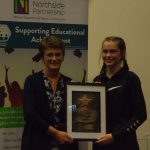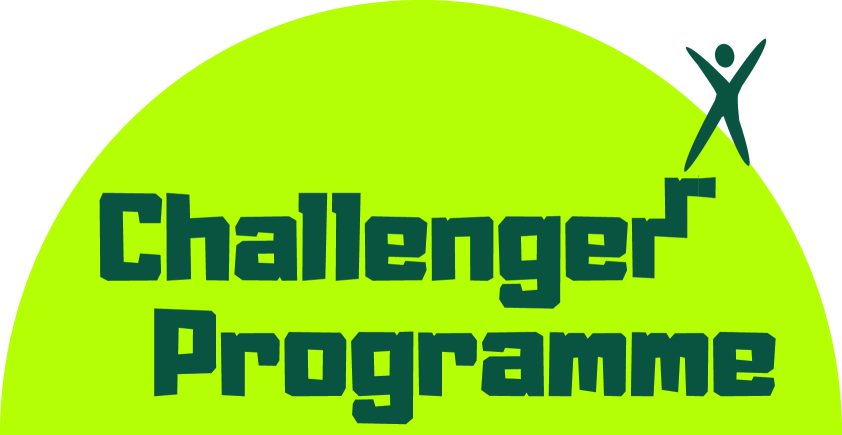
Scheme in areas of complex needs sees 90% move to further education
- Apr, 2025
- |
- Education
- |
A programme originally designed to retain children of school going age, from areas of complex need, in full-time education on Dublin’s northside, now sees a spectacular 90% of participants move to some form of further education.
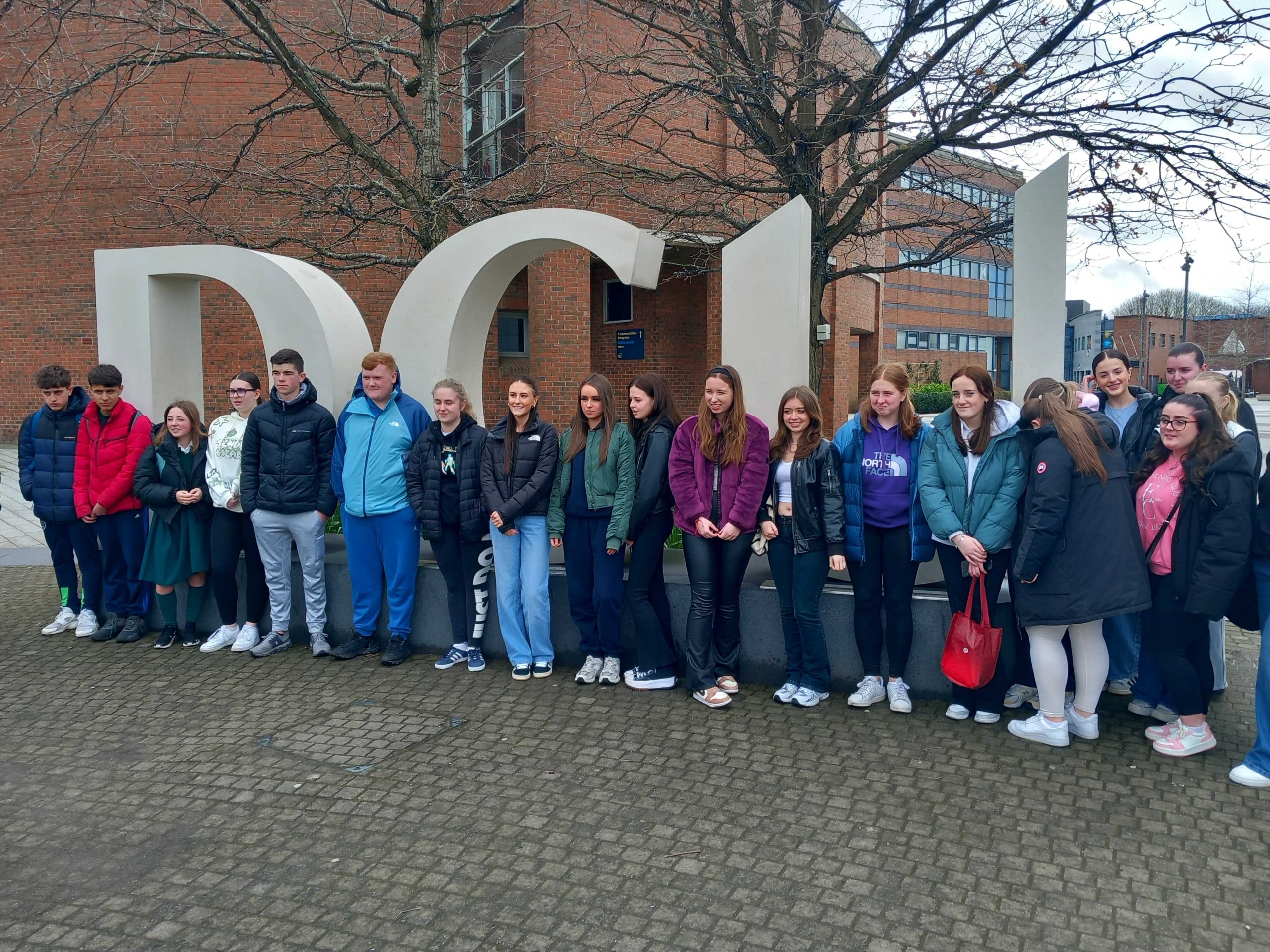 However, a report has warned that the Challenger initiative is hampered in long-term planning and expansion by an insecure funding model.
However, a report has warned that the Challenger initiative is hampered in long-term planning and expansion by an insecure funding model.
Challenger, developed by two primary school teachers, Dermot Boyle in Priorswood, and Noel Kelly in Darndale, in 1995, will see its 30th anniversary celebrated tonight (Tuesday, April 1).
It is delivered by local development company Northside Partnership to 200 young people yearly across Darndale, Bonnybrook, Priorswood, Coolock and Kilmore West, working in partnership with DEIS schools
Challenger provides educational and social support to children with the aim of increasing numbers progressing to further education.
The programme’s latest evaluation, authored by Dr Maria Quinlan of Pink Flower Research, will be unveiled tonight at an event to mark its 30th anniversary in the Hilton Hotel, Northern Cross by educational inclusion specialist Professor Katriona O’Sullivan of NUI Maynooth.
In 2021-22, over 63% of participants progressed to a third level institution despite many of the areas Challenger serves having some of the lowest third level participation rates in the country.
Dr Quinlan warned Challenger was restrained in long-term planning and development by a vulnerable funding model.
It is currently co-funded by the SICAP (Social Inclusion and Community Activation) Programme under the Department of Rural and Community Development, the Department of Further and Higher Education, Research, Innovation, and Science through the Higher Education Equity of Access initiative, and the Community Foundation of Ireland.
“As is common in the sector of community development, the Challenger programme is reliant on funding support from government agencies and public donations,” Dr Quinlan states.
“While funding is currently secured for the next four to five years of the programme, longer term the programme remains at the whim of funding decisions beyond the control of Northside Partnership.
“This insecure funding model makes long term planning or programme expansion challenging.”
Offering structured support to young people from sixth class to sixth year, Challenger works with parents and schools, with 40 sixth class pupils joining each year.
Challenger provides back up to children transitioning from sixth class to secondary school and through their Junior and Leaving Certificates and aids progression to further education.
It aims to challenge young people to reach their full academic, personal, and social potential, within a framework of mutual respect and dignity.
Supports include extracurricular tuition and access to the Gaeltacht, and five-year evaluations of the programme have highlighted significant academic improvement, coupled with emotional growth.
According to Paul Rogers, CEO of Northside Partnership, children from the communities it serves have as much talent and potential as those from more affluent areas, but often lack opportunity to fully develop their potential.
“This is where Challenger really shines. As well as retaining children in full-time education and seeking to ensure they fulfil their potential, it seeks to build a positive education culture within communities, ensuring further education is viewed as attainable and achievable.
“Often, what drives families to take on the challenge of Challenger are the success stories of successful students. The stories of young people and families who have thrived through the programme are critical. The best way to begin your own journey is by listening to the experience of others.”
According to Dr Jack Nolan, chair of the Darndale Economic and Social Plan implementation group, a Dublin City Council initiative for the area, introducing children to the concept of further education is a key component of the Challenger programme.
“Challenger introduces children from areas with complex needs to the idea of further education at an early age,” he said. “It supports them to aim high and guides them along the way. It provides great focus and gives children a sense of responsibility and ownership of their futures.”






